“The Constant” ranks #1 on IGN list
Ranking Lost

We know, we know – half of you hate this episode.
As it became apparent that Lost had raised far too many questions to be able to wrap them all up in two and a half hours (unless it was literally someone reading answers off a list), it became increasingly likely that the finale was going to be polarizing, and that indeed has come to pass. Whatever their opinion of it, most fans would agree the finale focused on the characters, not the mythology, and it’s because of the strength of that character work that we’re ranking this episode so high.
After six years, this was the episode that delivered the emotional payoff for Lost, as we saw some very integral and touching reunions in what we’d been calling the Flash-Sideways universe. Seeing these pivotal moments for the likes of Sawyer & Juliet, Sun & Jin and Charlie, Claire & Kate was very touching and a reminder of the character relationships we’d connected with watching this show (and, in the unfortunate case of Sayid & Shannon, a relationship we didn’t connect with or truly believe in).
Meanwhile, the finale did a wonderful job of bringing closure to Jack Shephard, who’d been our protagonist for the duration of the series, but not always the most likeable or sympathetic of characters. Yet watching Jack’s story come to an end, as he peacefully (even happily, as he saw the Ajira plane escape) lay dying, with Vincent keeping him company, was an undeniably touching and powerful pay off to the story of how the Man of Science became the Man of Faith. This was complimented by our discovery that the flash-sideways was in fact the afterlife, and the knowledge that these people we’d invested in and had watched go through so much misery were indeed going to get a happy ending – even if it wasn’t in this life or on that island.
9. “The Shape of Things to Come” (Season 4)

In one of the most vibrant, twisting episodes of the series, “The Shape of Things to Come” takes us off-Island with Ben, four episodes before we see him sacrificially turn the donkey wheel and make The Island go poof! We see him take out some desert gunmen, settle into a Tunisian hotel under the name Dean Moriarty, convince Sayid to shoot a supposed Widmore goon, and then make a late-night daughter death vow to Sir Charles. And while that all might be a fun flash-forward in its own right, the present-time Island story that helps tie it all together is violent and harrowing.
The infamous Widmore merc, Martin Keamy, launches an assault on our heroes in the DHARMA barracks, using young Alex as a hostage. Suddenly, Widmore’s 1984 exile prophecy, stating that Ben would one day have to choose between her and The Island, had become frighteningly real.
And as cold as it might have come off, Ben tragically sticks to his word – that he would “sacrifice anything to protect The Island” – and allows Keamy to shoot Alex dead. But unlike the other “hard” choices we’d seen Ben make, we could instantly see the scarred stamp that this one made on his soul.
“Shape” does an excellent job of shooting the Widmore/Ben rivalry off into nail-biting hyper-space, while gratifyingly fleshing out some of the big picture as it relates to The Island as a “hot commodity.” You truly begin to feel that all our series regulars have just been caught in the middle of an epic, magnificent pissing contest.

Season 5 immediately jumped straight into some of the most trippy material we’d seen on Lost, as Locke, Sawyer, Juliet and the rest who stayed behind on the island found themselves constantly shifting between time. But it was the third episode, “Jughead,” which had our favorite use of the time shifts, sending our characters to the 1950s and a crucial encounter with Richard Alpert and The Others.
We pretty much had to include this episode just on the basis of the reveal of young Charles Widmore among The Others – an incredibly fun, “Ah ha!” moment in the show’s history, which instantly gave us a new perspective on the increasingly important Widmore and his obsession with The Island. We also met a young woman named Ellie, another big piece of the puzzle when it came to some important components in the Lost universe – with eventual episodes confirming the hints given in this episode that she was Eloise Hawking and also Daniel Faraday’s mother.
But there was a lot more as well, including the source of the title – a hydrogen bomb brought to the island by the US army. The presence of this bomb would obviously prove to be a crucial story point as Season 5 came to an end. We also got another intriguing look at Richard Alpert, seeing the never-aging Other firmly entrenched as the (apparent) one and only leader of his people during this point in time, with the show having more fun with the idea that Locke is giving Richard information (and a compass) Richard himself gave Locke in the first place – a series of events eventually put in very different perspective by the reveal about Locke at the end of the season.
All, this, plus we find out Desmond and Penny had a son – and named him Charlie! Come on, you can say it… Aww! Unless he’s named after Penny’s dad that is…
7. “Dead is Dead” (Season 5)

Sure, we’re used to seeing Ben Linus get abused, but we’re not really all that accustomed to seeing him get used. We’re not that familiar with him getting played. With him being a pawn. Or with him feeling…well, sorry.
In “Dead Is Dead,” we were given the most insightful look into Ben Linus’ – dare we say – heart. We got to witness Ben’s lies and his truths come together perfectly and help us care for a man who we had just recently watched murder John Locke in cold blood on an episode where he attempts to kill Penny. And although that doesn’t sound like the perfect scene to set for a man that you’re supposed to start feeling sorry for, this episode was able to turn Ben’s dark deeds into the perfect backdrop for a man who’s about to walk through agony in order to find some serious cathartic redemption.
Egyptology majors collectively callooh’d and callay’d in joy as Ben descended down into the map room of Tanis to face the ultimate judgment from Smokem McKillsabitch. But what really made this episode work so well was that Ben was willing to accept whatever harsh, painful punishment awaited him because he genuinely felt remorse, and because he knew he had “broken the rules.”
Looking back at Ben and Widmore’s tug-o-war over Miracle Mile, it seemed like Ben was the only one keeping track of these “so-called” rules. But hell, they must exist somewhere, because Ben was always ready to kill and, as it turns out, die for them.
BEN: I’m going back to the Island today.
WIDMORE: The Island won’t let you come back, trust me. I’ve spent almost 20 years trying to return.
BEN: Well, Charles, where you failed, I’m going to succeed… just as soon as I do one thing.
WIDMORE: And what’s that, Benjamin?
BEN: Kill your daughter.
6. “Ab Aeterno” (Season 6)

What Lost does best is delicately balance Island mythos with epic-scale character development, and “Ab Aeterno” – AKA “Alpert: Year One” – is one of the best examples of that. Not since the widescreen-scale drama of “Through the Looking Glass” has Lost managed to bring us an episode that looks and feels like a movie.
Many, many years ago, Richard races on horseback to his ailing wife, Isabella. He refuses to let her die, so he begs for the help of a local doctor, who turns out to have his M.D. in A@#hole. A scuffle ensues, the type that results in Dr. Jerkface getting dead, and Richard arrested for the murder – minutes after he discovers that his wife has died despite his efforts. (Jebus, can’t a future immortal get a break?!)
Richard, while in jail, reads the Bible to teach himself English and his denied absolution by a PRIEST of all people – moments before he is recruited into slave service aboard (music sting here!) The Black Rock.
The episode shows us how the sailing vessel ended up in the middle if jungle, how Richard finally got out of those chains and the role the Man in Black played in setting Richard free. Richard traded his mortality for an immortal existence, all to avoid going to Hell for a crime he didn’t mean to commit, for an absolution he was never given.
Our buddy Nestor gives a career-defining performance, and holds his own opposite Jacob’s Island Cork in the Evil Wine Bottle spiel, which is the best metaphor the show could have to explain what the Island is.
“Ab Aeterno” is the answer to the question of just how good television can be. It’s an hour of near-perfect Lost, one that we wish we could experience for the first time, every time.
5. “Walkabout” (Season 1)

John Locke was once handicapped. See, now that sounds like no big deal – it’s common knowledge amongst us fans. But back in Season 1, when the well-crafted episode (scripted by Buffy alum David Fury) dropped this twist on us, the reveal that Locke was confined to a wheelchair before turning Boar Hunter Fett, was nothing short of jaw-dropping. Fury hid the twist in plain sight, while further expanding upon The Island as both Smokey’s stomping grounds and as a cure-all for whatever ails ya.
The episode was the high point of the series at the time, and six seasons later, it is still one of Lost‘s most effective uses of the flashback story structure.
Here, we learned that John Locke was a man broken, not sprained. A man who worked at a box company, played military strategy games over the phone in his cube and at lunch. He was someone who didn’t like being told what he couldn’t do. Someone with a new found purpose and Alpha-maleness thanks to The Island’s many gifts, one of which being that every survivor is afforded a second chance.
John Locke took his, Croc Dundee knife in hand, and became one of the series’ most complicated and tragic characters.
4. “The Life and Death of Jeremy Bentham” (Season 5)

Looking back on last season, this episode now takes on the more ominous role of officially being “the last time we actually saw the real John Locke.” While most of us, of course, didn’t want to see Locke die at all, we also weren’t exactly baking brownies over the fact that Locke could somehow conveniently, in a sort of Search for Spock way, get brought back to life just by having his corpse brought back to The Island. As it turns out, the true story was much more haunting than any of us could have anticipated, and the body we saw laying cold and stiff in the coffin back in “There’s No Place Like Home” was just that; the corpse of John Locke, Boar Expert. So that makes the resurrected Locke…?
Again, we readily acknowledge that the ferocious feud between Ben and Widmore is one of the more fascinating elements of Lost, and one of the things that we desperately want more back story on. In “Jeremy Bentham,” Locke, having found way off The Island, is instantly turned into the mighty Queen in the Widmore/Linus chess match of destiny. There are times when both men have made solid points for their “side of the story” – both being masters of mixing lies with the truth – but in the end there was only one victim. Locke. After being led to the grave of his former love, Helen, and having failed to convince any of the Oceanic 6 to return with him to Genosha, Locke finds himself at a new lifetime low. And this was a man who had certainly had his fair share of rock bottom moments.
Locke was basically a man who had grew up his whole life thinking that he had a “special” purpose simply because he was told so by Richard, who was told so by…Locke. As the dreadful irony of his entire life collapses upon itself, Locke decides, in a lonely nondescript hotel room, to take his own life. But it doesn’t end quite there. As you all know, Ben Linus, acting as a wolf in friend’s clothing, talks Locke out of suicide, only to strangle Locke himself moments later. A beautifully tragic end for one of the best conceived characters on TV.
3. “Pilot” (Season 1)

Every story has to start somewhere, and Lost certainly stood out in this regard, with one of the best pilot episodes — aired in two parts — we’ve ever seen. J.J. Abrams had already cemented himself a place in the pilot hall of fame with the first episode of Alias, but with the Lost pilot — which Abrams directed and co-wrote with Damon Lindelof — he truly shined, showing off the cinematic talent that would make him such a great director for films like Star Trek eventually.
The way the pilot opened, with a man in a suit (Jack Shephard, of course) waking up in the jungle, only to stagger out onto a beach where the aftermath of a horrific plane crash had occurred, was unbelievably exciting and intense. From the oh-so-memorable moment of a man getting sucked into the plane engine, to Jack showing off his ability to be calm under pressure (“fear only gets five seconds”) — as he raced from one injured person to another — it’s hard to think of another show so deftly and instantly demanding a viewer pay attention than this one.
The rest of those first two hours also helped lay the groundwork for much of the trippy and involving storylines Lost would excel in. We got our first glimpse at the dreaded Smoke Monster, or at least its handiwork, as we saw it kill the plane’s ill-fated pilot, while several characters were as baffled as we were when a polar bear attacked them. And there was the distress signal found by the survivors, left by a French woman, sixteen years before. These were just the first of what would be many engaging and much-debated mysteries Lost would present us with going forward. Meanwhile, the flashbacks to Jack, Kate and Charlie on the ill-fated plane gave the audience the first hint at the non-linear storytelling that would become Lost‘s stock in trade – eventually in very unusual and clever ways.
2. “Through the Looking Glass” (Season 3)

This two-part Season 3 finale achieved something which television rarely does: Powerful storytelling on par with a trip to the movies. The scope of the season finale was much more anamorphic than many of the series’ episodes at that point, as we followed Jack’s efforts to get his people off The Island, despite Ben’s mandate to keep them there and any and all potential rescuers away.
Several key set pieces – Hurley behind the wheel of a DHARMA van FTW!, Jack unleashing knuckle sandwiches upon Ben’s face – were so emotionally satisfying, they prompted many a fan (or just us) to pump our fists at the TV in rousing approval. The episode cross cut across four storylines: The main beach camp, Jack going full Grizzly Adams and wearing denim (!) while going crazy, Jack’s caravan and The Looking Glass station. It did so while constantly raising the tension, building up to a big twist: We’ve been watching a bearded Jack come undone via flash-forward instead of flashback. And the bittersweet final moments involving Charlie’s death (three words: “Not Penny’s Boat”) turned us into blubbering rancor keepers.
Each of our favorite characters were given a moment to shine, and the series exited its third season with Jack shouting a game changing “We have to go back, Kate!” that promised not just changes to the storytelling format, but also revelations about our Flight 815 survivors that we couldn’t wait for Season 4 to reveal. If they ever decide to give an Oscar to television, we submit “Through the Looking Glass” for your consideration.
1. “The Constant” (Season 4)

Lost executive producer Carlton Cuse has named “The Constant” as his favorite episode of the series – and who are we to disagree? What’s amazing about “The Constant” is how it juggles so many different elements so well, creating an episode that is both a pivotal one in the show’s mythology, yet also incredibly heartfelt and touching.
Desmond’s crisis, as he finds his consciousness traveling back and forth between his 2004 self on the freighter, and his younger self in 1996, was complicated and intricate, yet handled incredibly well, giving us a surprisingly clear idea of what is occurring. But more importantly, what happens to Desmond unequivocally lets viewers know, once and for all, that Lost is a science fiction series, and wasn’t going to play coy with that fact any longer. Boldly leaping headfirst into a time travel aspect that would be integral as the series progressed, we were given a ton of surprising, mind-bending information here, via Desmond’s journey and the then new to the series Daniel Faraday, who was solidified in “The Constant” as a fascinating, important character in his own right.
All of that would have been enough to make “The Constant” a very cool episode of Lost, but it was the portrayal of the relationship between Desmond and Penny that elevated this episode even further into a true classic – the rare story that can deeply involve you on an emotional level, while also delivering intricate, heady sci-fi and adventure.
With just a few episodes of shared screen time fueling our perception of their characters’ relationship, Henry Ian Cusick and Sonya Walger did terrific work here, completely wrapping us up in their characters’ and their love story. The climax of the episode involves the two of them speaking over a phone to one another, making it all the more tricky to convey all of the emotion, since the actors’ were not literally on screen together. But that was not a problem at all, because the writing, directing and performances were so good that it was impossible not to feel Desmond’s relief and love, as Penny answered that phone.
~~~~~~~~~~~~~~~~~~~~~~~~~~~~~~


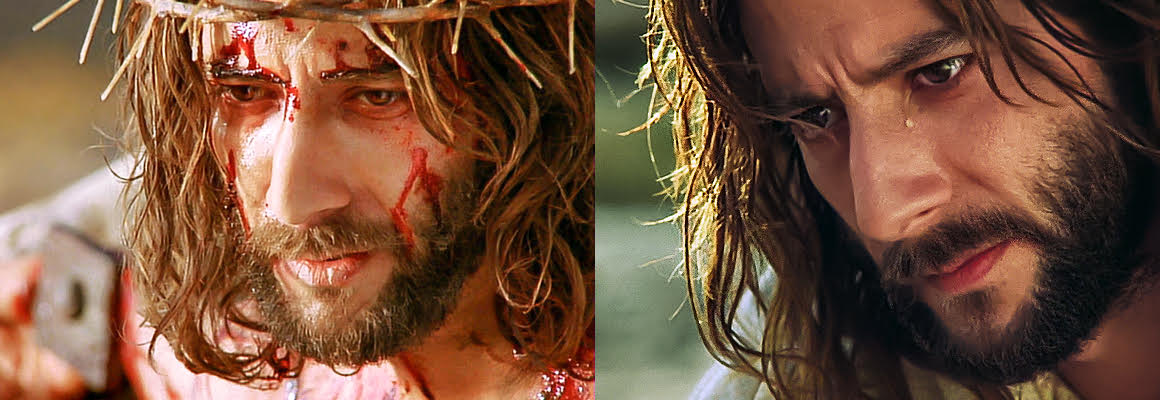
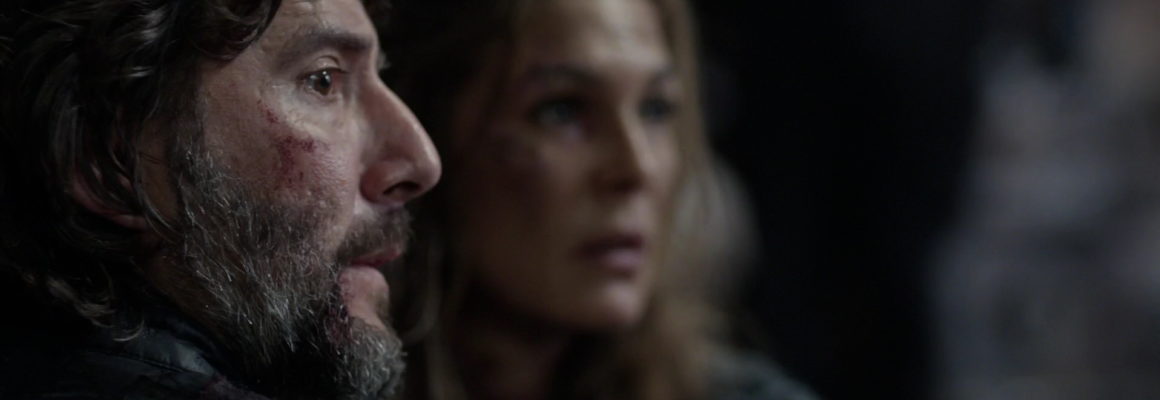
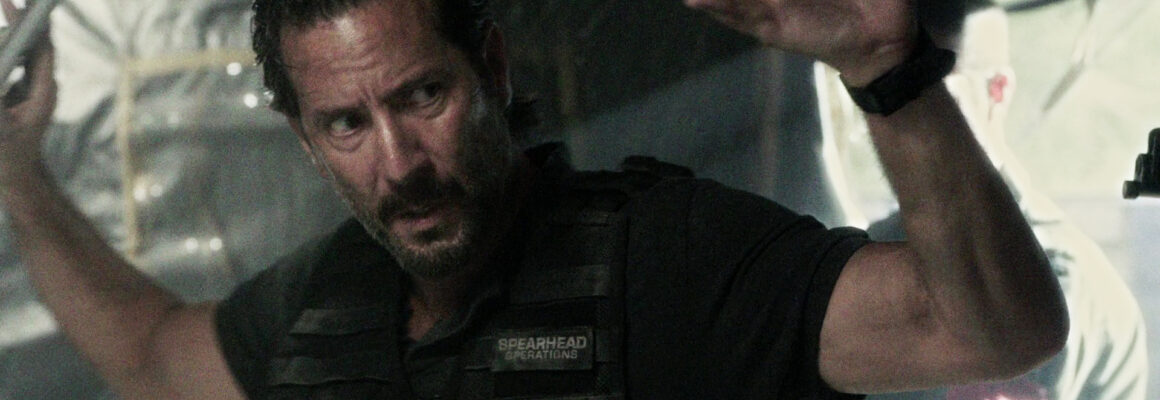
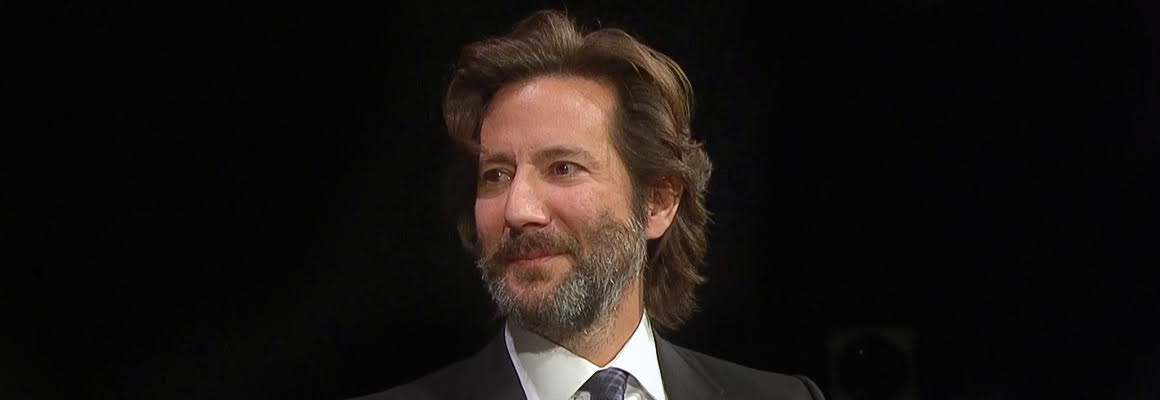

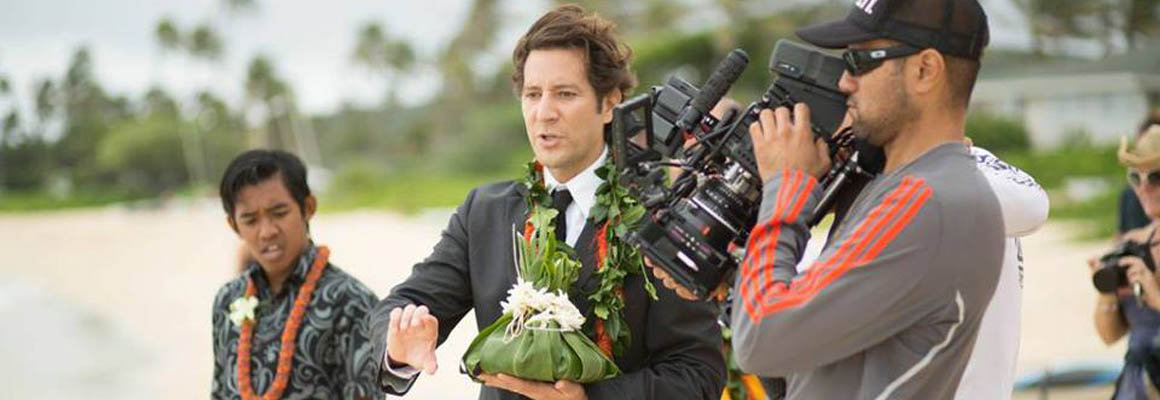

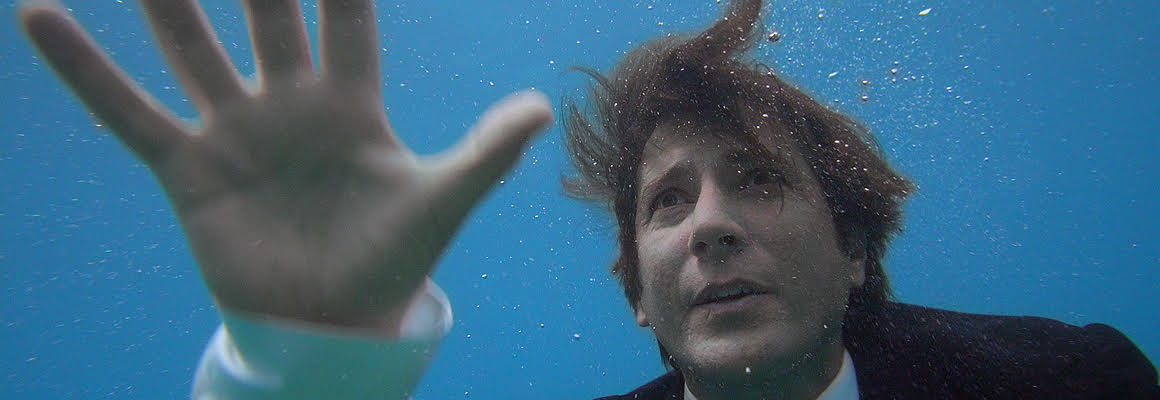
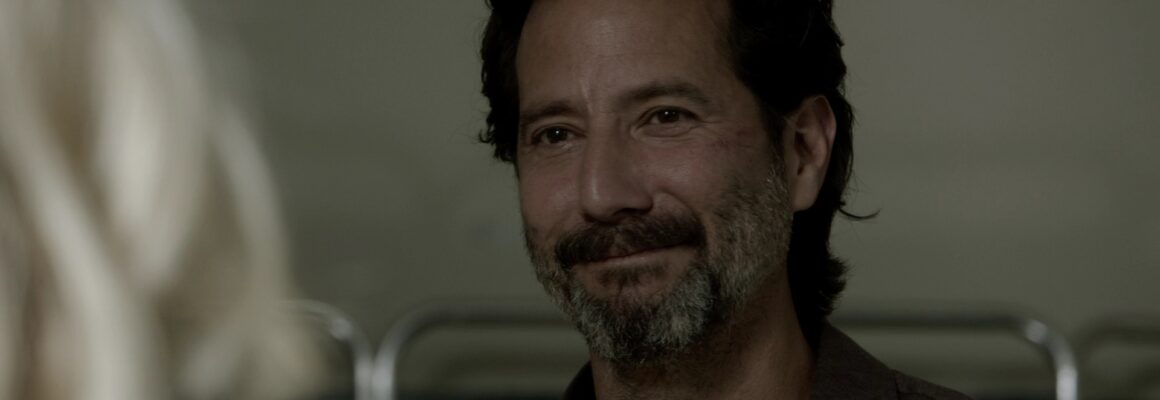
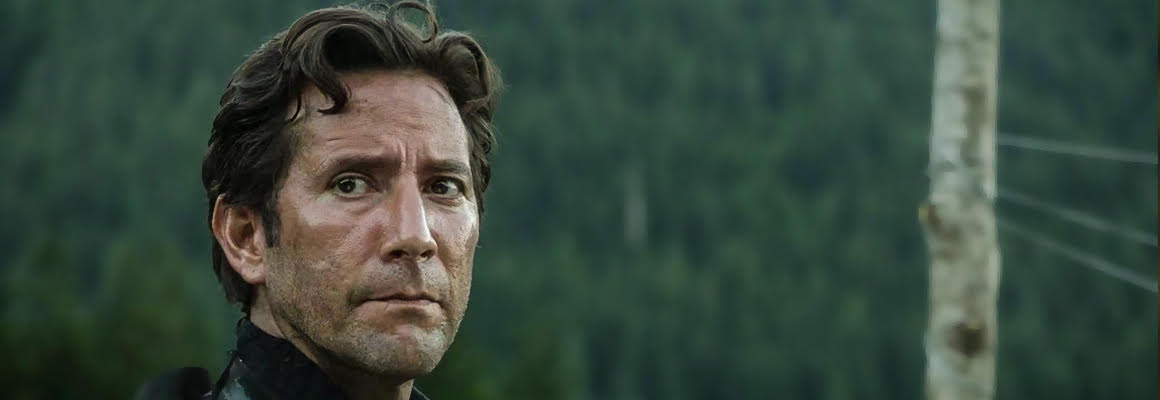
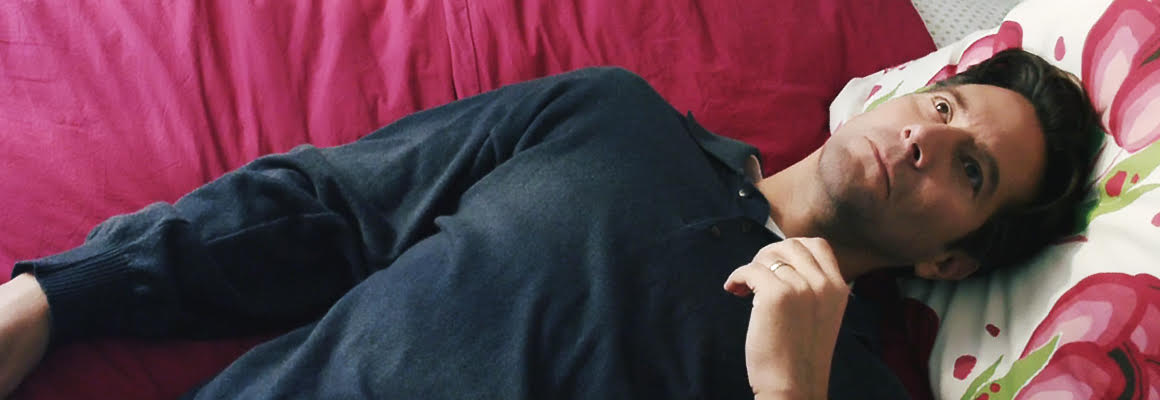
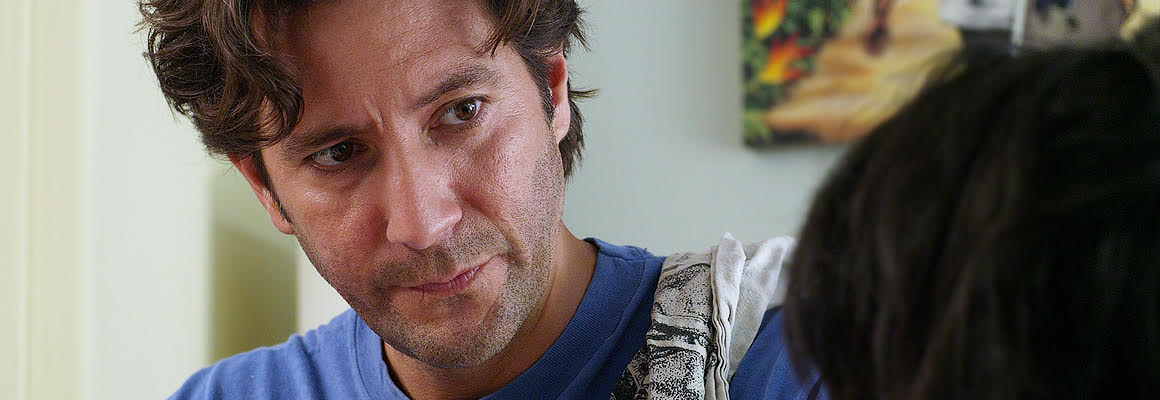
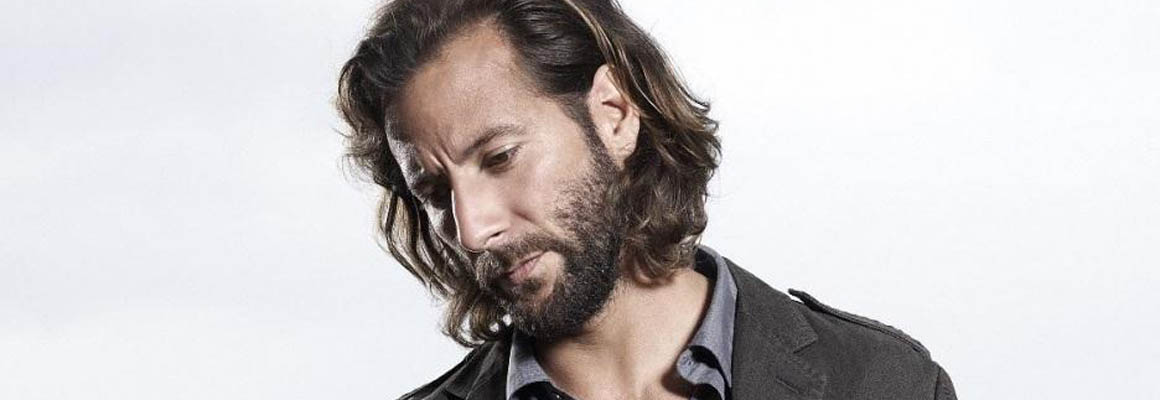

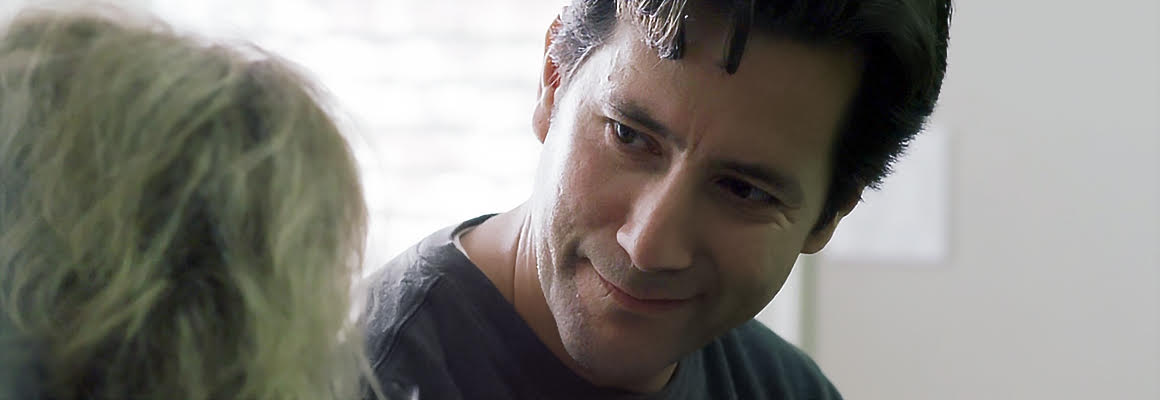

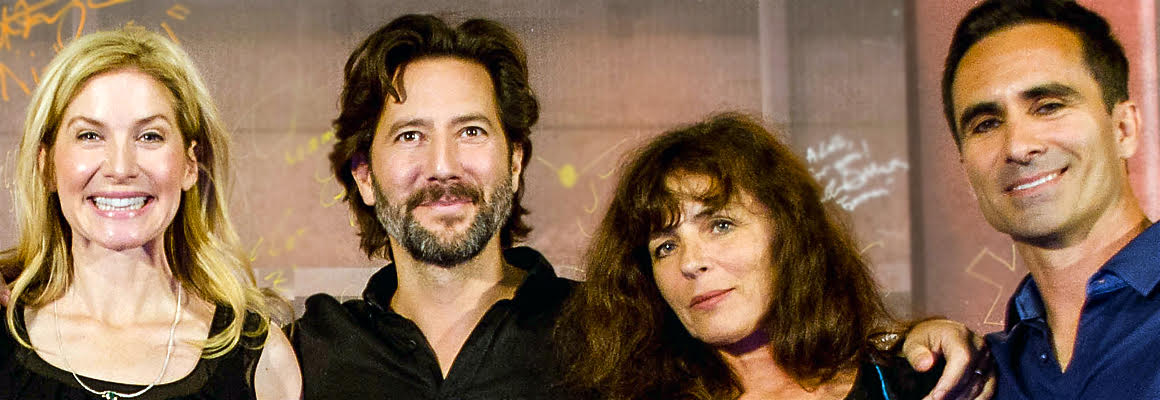
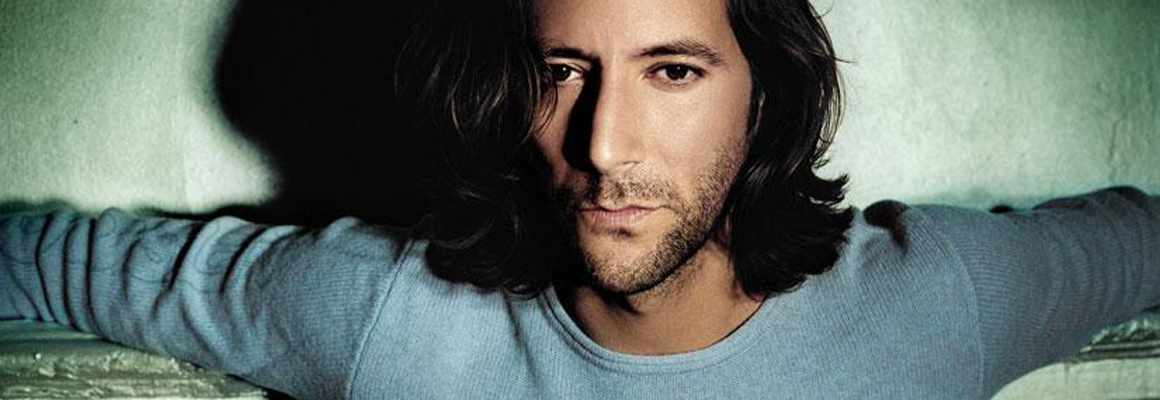

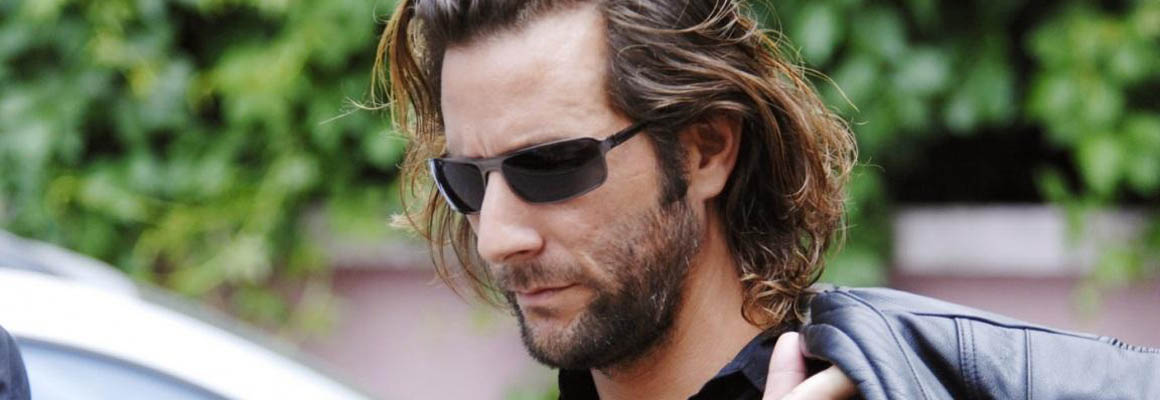
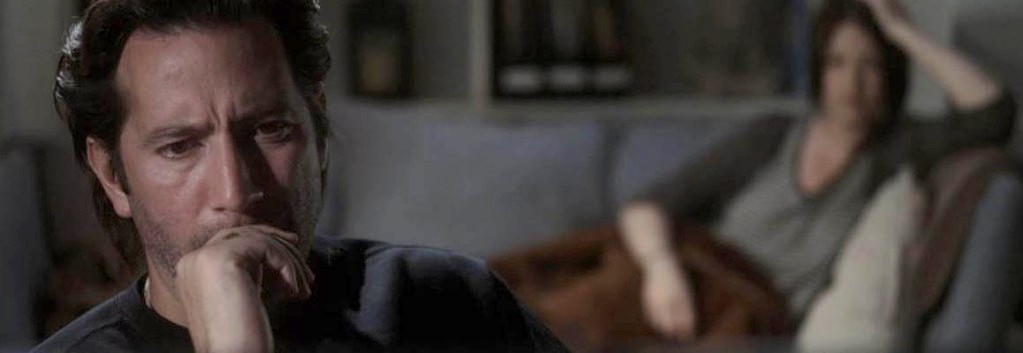
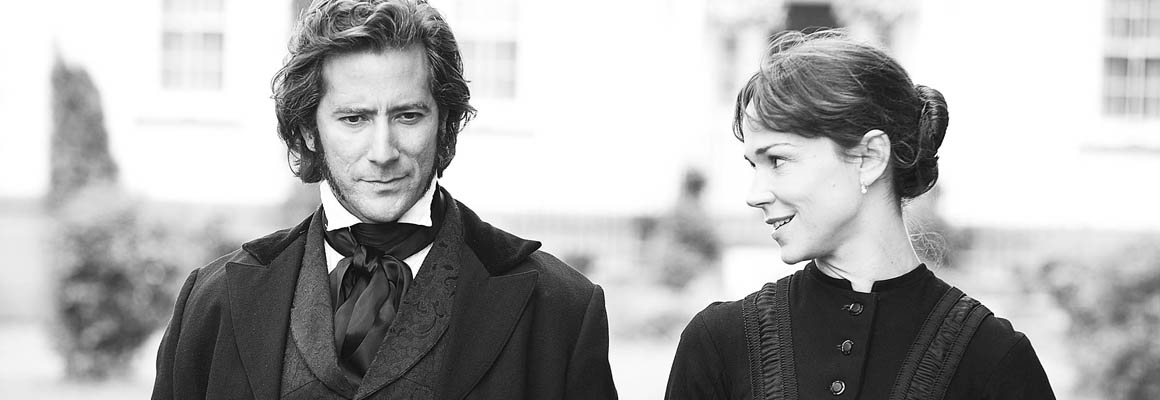
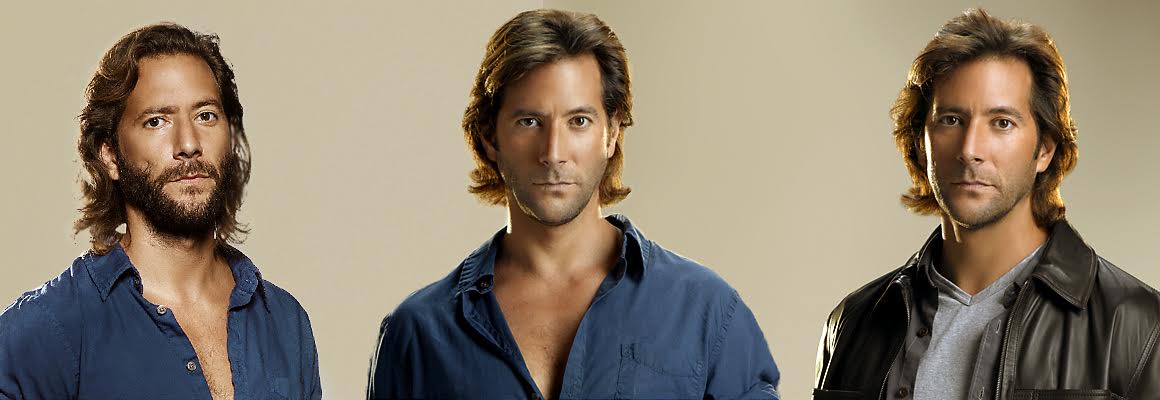

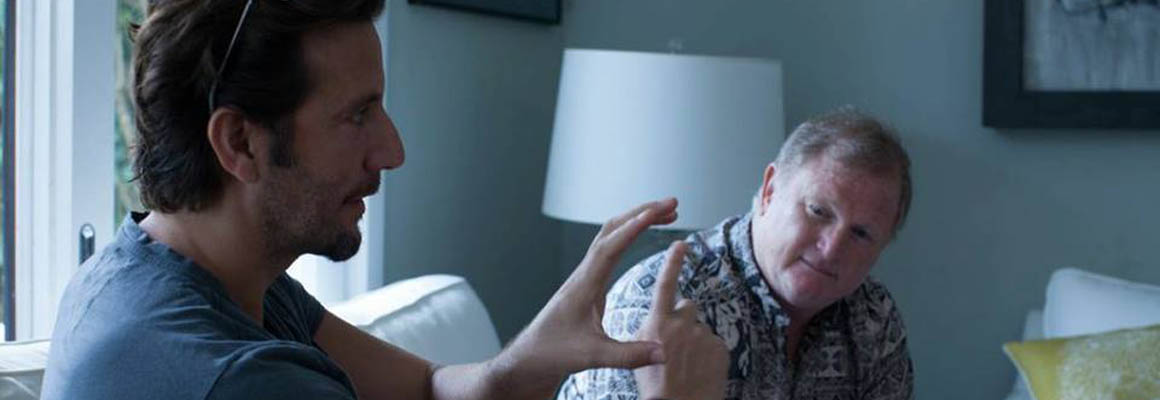

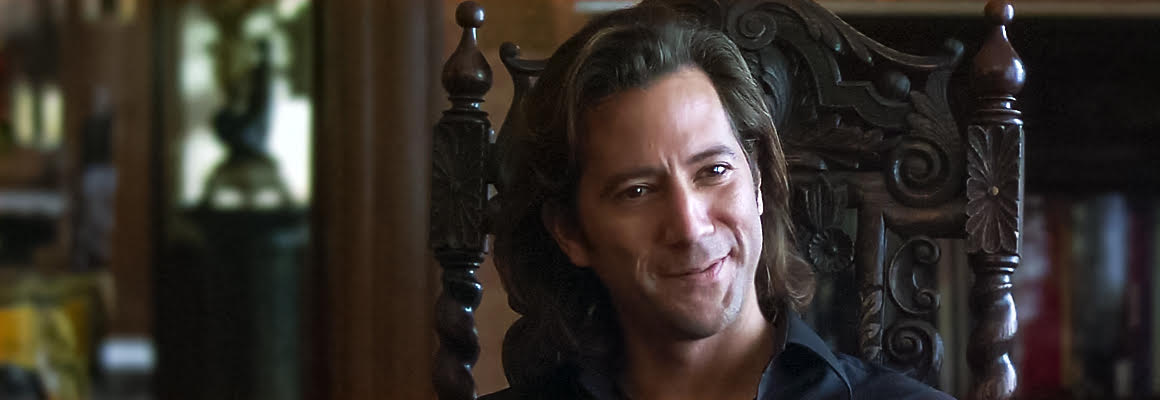
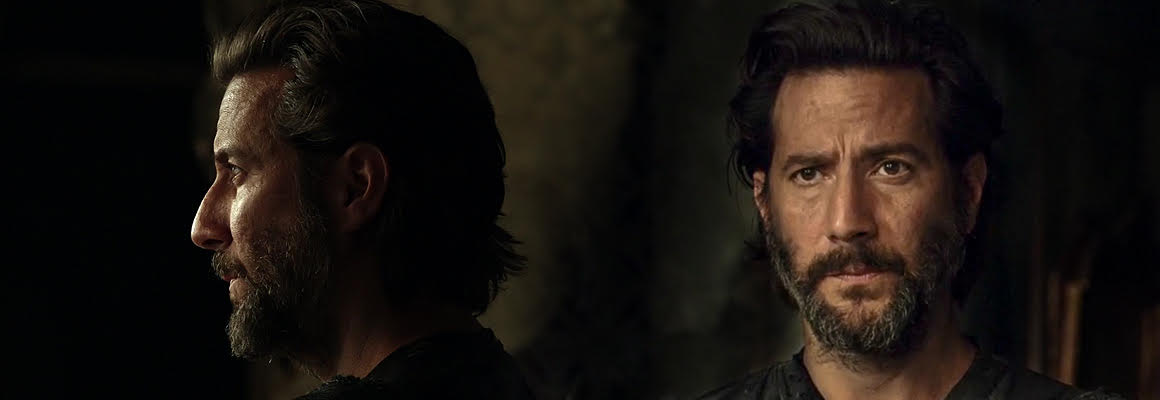

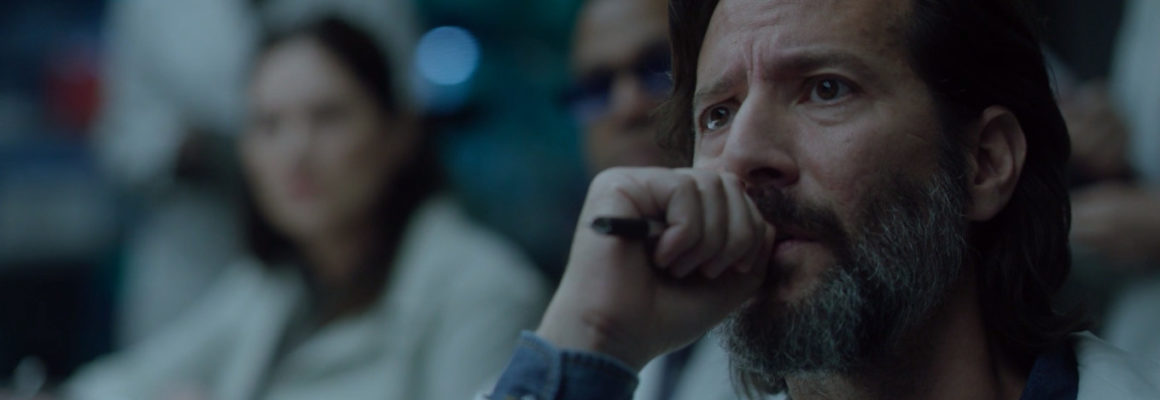
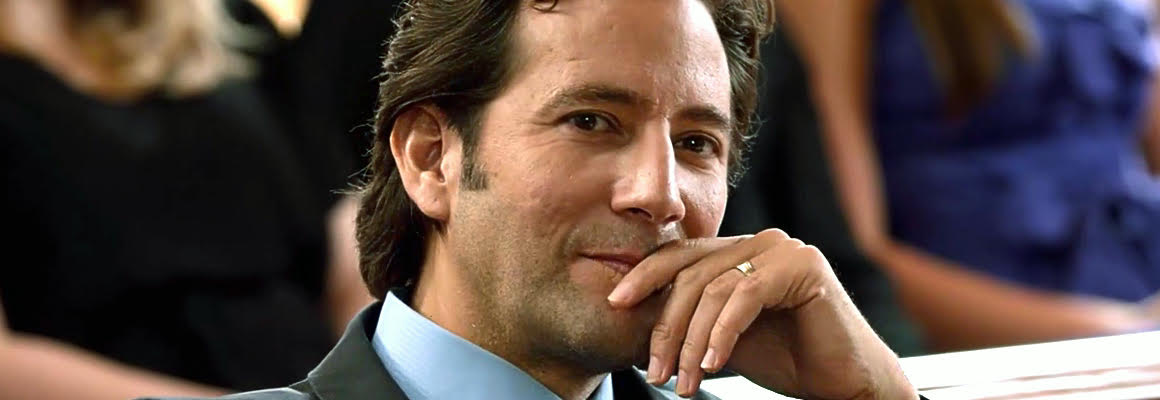
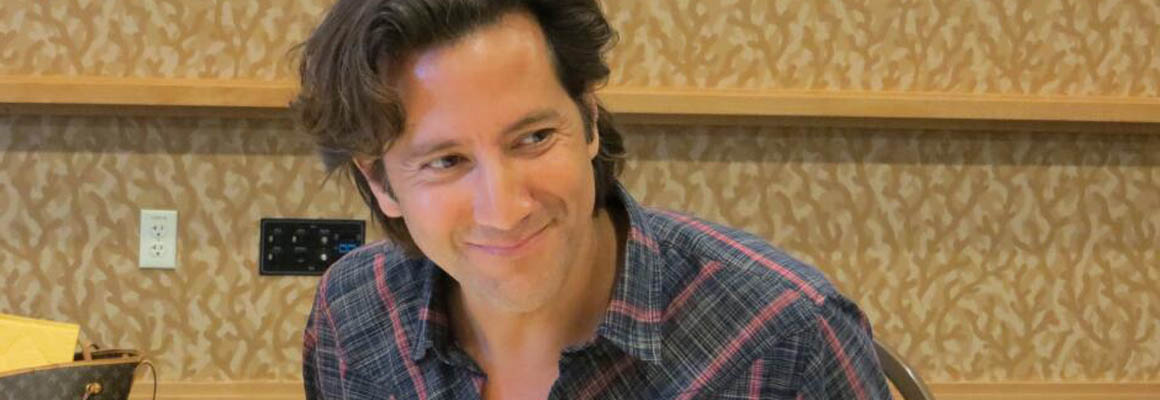


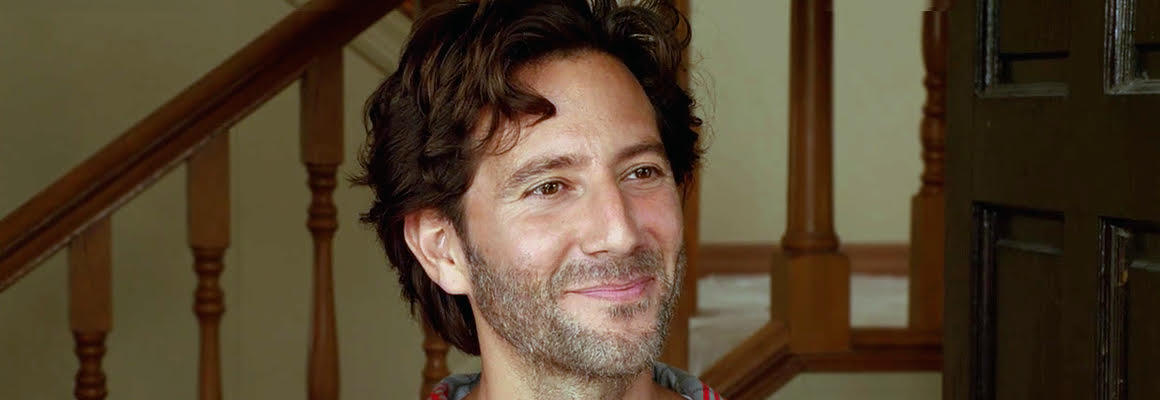


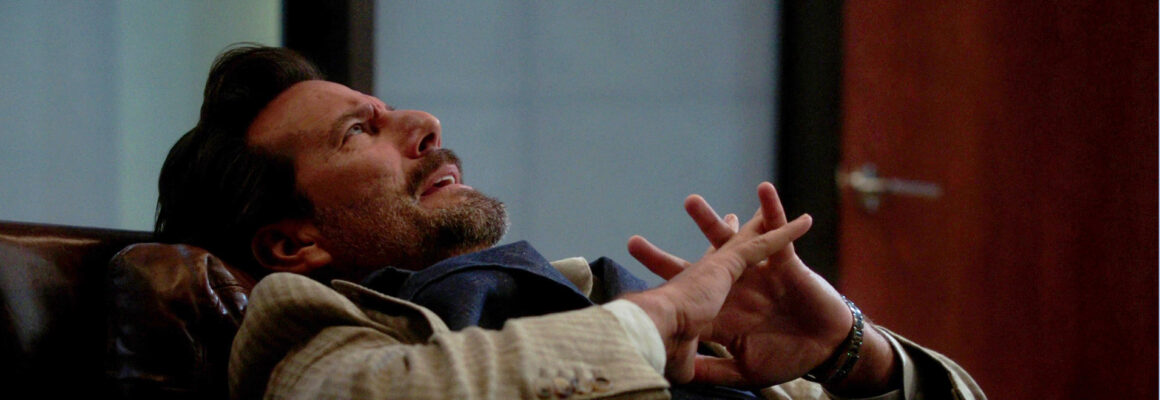
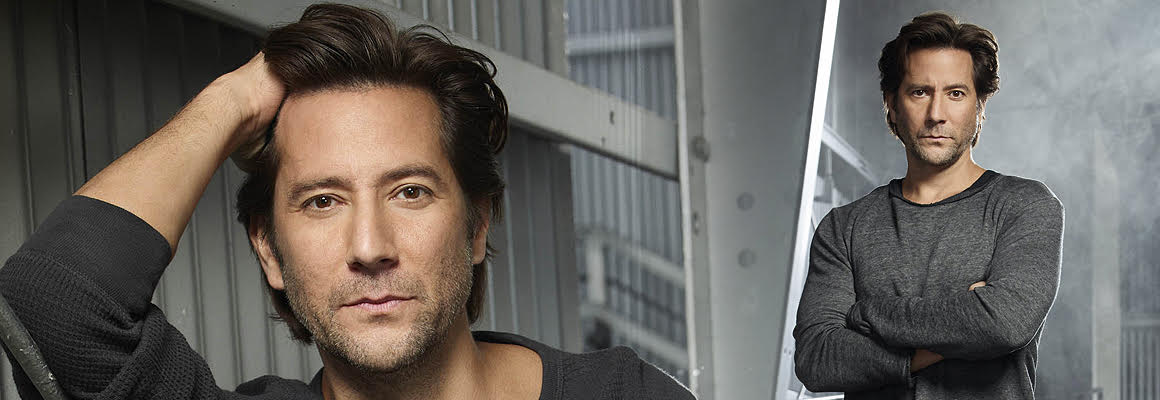
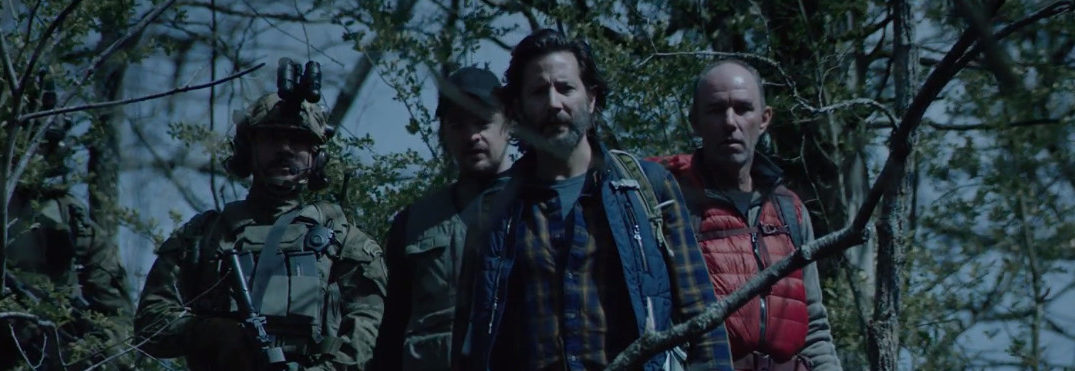
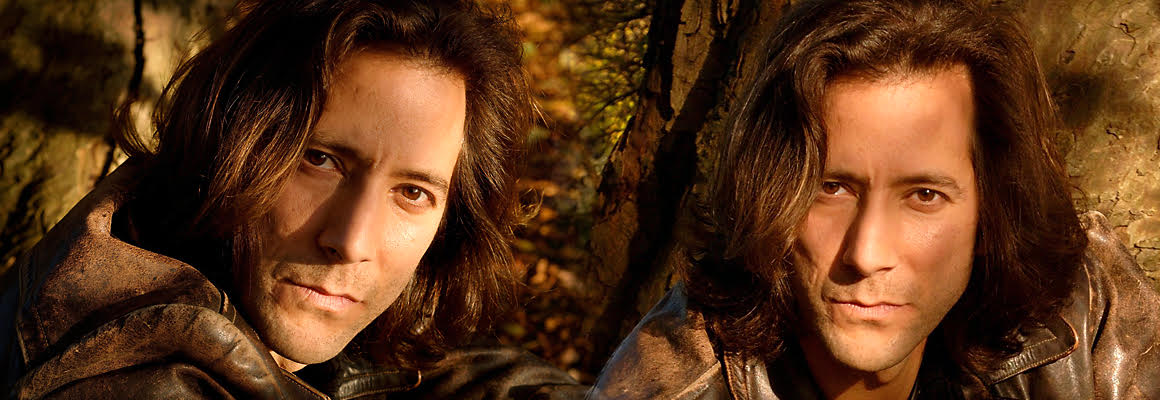
![[1198657408]a MacGyver](https://www.cusickgallery.net/wp-content/uploads/2021/07/1198657408a-MacGyver-e1627604023448-1160x400.jpg)
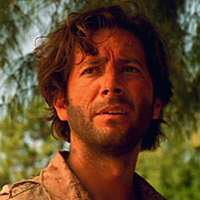 Awaken Film
Awaken Film Henry Ian Cusick – Facebook
Henry Ian Cusick – Facebook Henry Ian Cusick – Vimeo
Henry Ian Cusick – Vimeo Henry Ian Cusick – YouTube
Henry Ian Cusick – YouTube Henry Ian Cusick Official Site
Henry Ian Cusick Official Site Henry Ian Cusick SoundCloud
Henry Ian Cusick SoundCloud Henry Joe Productions
Henry Joe Productions Birthday Edition
Birthday Edition 1 Million Followers
1 Million Followers 10.0 Earthquake
10.0 Earthquake After the Rain
After the Rain Awaken
Awaken Carla
Carla Chimera
Chimera Darwin's Darkest Hour
Darwin's Darkest Hour Dead Like Me:Life After Death
Dead Like Me:Life After Death dress (directoral debut)
dress (directoral debut) Fluxx
Fluxx Frank vs. God
Frank vs. God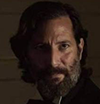 Hae Hawai'i
Hae Hawai'i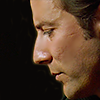 Half Light
Half Light Hitman
Hitman Jamojaya
Jamojaya Just Let Go
Just Let Go Not Another Happy Ending
Not Another Happy Ending Pali Road
Pali Road Perfect Romance – Lifetime
Perfect Romance – Lifetime Rememory
Rememory The Girl on the Train
The Girl on the Train The Gospel of John
The Gospel of John The Wind & The Reckoning
The Wind & The Reckoning Visible
Visible Theatre Gallery
Theatre Gallery Adventure Inc.
Adventure Inc. Casualty
Casualty Happiness
Happiness Midsomer Murders
Midsomer Murders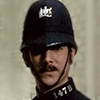 Murder Rooms
Murder Rooms Taggart
Taggart The Book Group
The Book Group Two Thousand Acres of Sky
Two Thousand Acres of Sky Waking the Dead
Waking the Dead 24 – Fox
24 – Fox 911: Lone Star
911: Lone Star Big Sky – ABC
Big Sky – ABC Body of Proof – ABC
Body of Proof – ABC CSI: Las Vegas – CBS
CSI: Las Vegas – CBS Fringe – Fox
Fringe – Fox Hawaii Five-O – CBS
Hawaii Five-O – CBS Inhumans – ABC
Inhumans – ABC Law and Order: SVU – NBC
Law and Order: SVU – NBC Lost – ABC
Lost – ABC NCIS: Hawai'i – CBS
NCIS: Hawai'i – CBS Scandal – ABC
Scandal – ABC The 100 – The CW
The 100 – The CW The Mentalist – CBS
The Mentalist – CBS The Passage – Fox
The Passage – Fox HTY – The HI Way Series
HTY – The HI Way Series JamBios
JamBios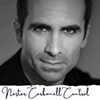 Nestor Carbonell Central
Nestor Carbonell Central Petition – Carlton Cuse – Please Make A Show For Team Caliente (Henry Ian Cusick and Nestor Carbonell)
Petition – Carlton Cuse – Please Make A Show For Team Caliente (Henry Ian Cusick and Nestor Carbonell) Cusick On Screen – Instagram
Cusick On Screen – Instagram CusickChick's Tumblr
CusickChick's Tumblr Henry Ian Cusick – IMDb
Henry Ian Cusick – IMDb Shannon's Tumblr
Shannon's Tumblr Yatanis Tumblr
Yatanis Tumblr CusickGallery Facebook
CusickGallery Facebook CusickGallery Instagram
CusickGallery Instagram CusickGallery Pinterest
CusickGallery Pinterest CusickGallery Tumblr
CusickGallery Tumblr CusickGallery Twitter
CusickGallery Twitter CusickGallery YouTube
CusickGallery YouTube Des & Pen Fanpop spot
Des & Pen Fanpop spot Desmond Hume Fanpop spot
Desmond Hume Fanpop spot FanForum – Henry Ian Cusick
FanForum – Henry Ian Cusick FanForum – Marcus Kane
FanForum – Marcus Kane HIC Fanpop spot
HIC Fanpop spot Kane & Abby Fanpop site
Kane & Abby Fanpop site Lost Screencaps site
Lost Screencaps site